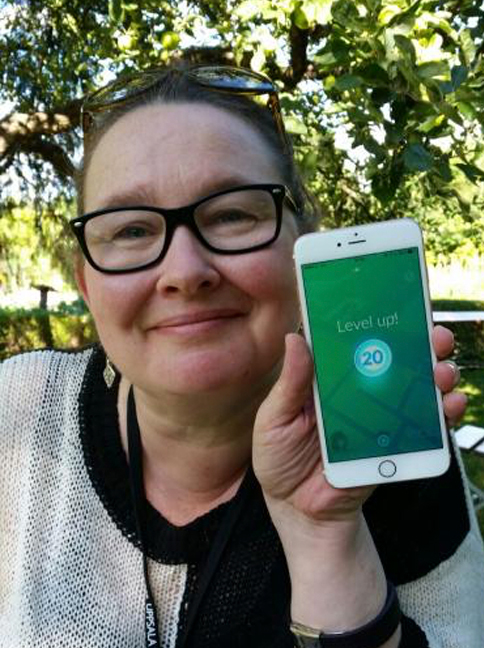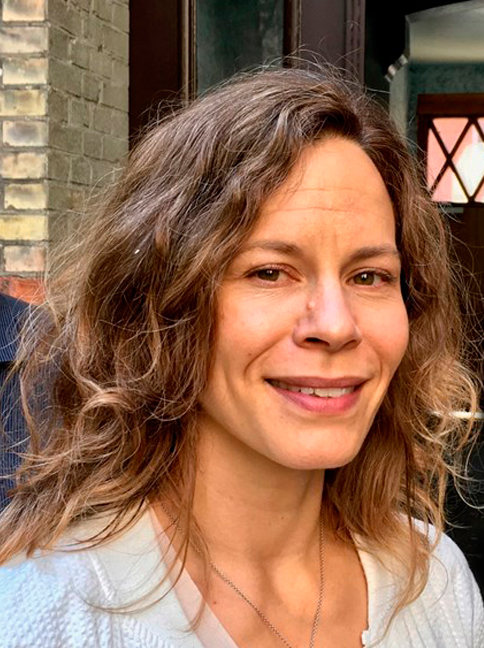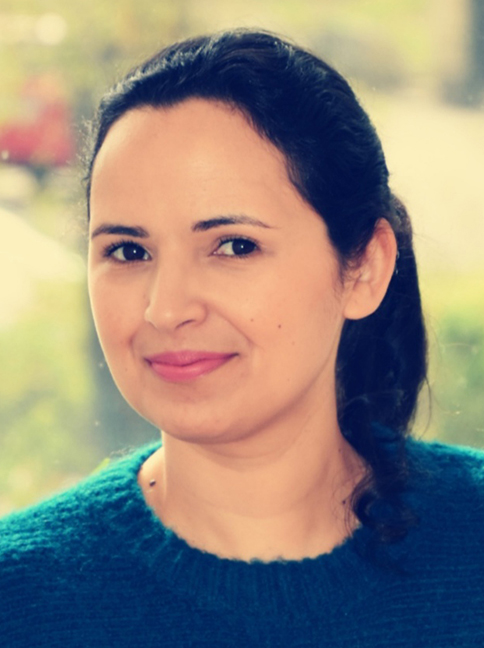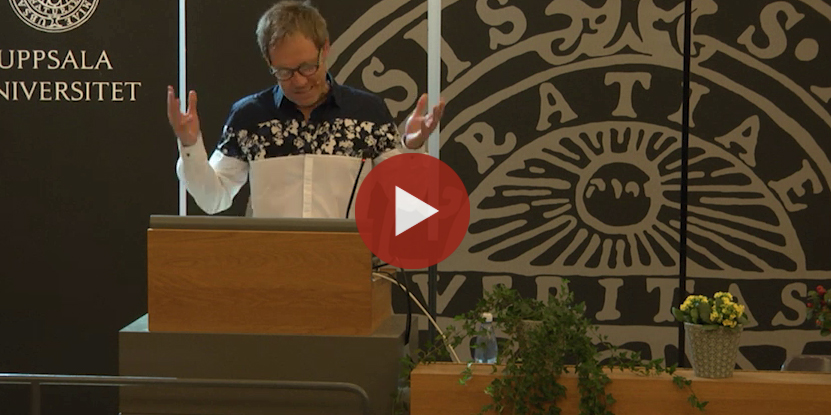
ABSTRACT Normative assumptions regarding reciprocity between adult children and elderly parents continue to dominate narratives on later life in sub-Saharan Africa. Yet strenuous socioeconomic conditions make it difficult for families to meet expectations of care and support. In Malabo, elderly women commonly engage in economic activities such as street vending for survival. Separation from male partners and high unemployment among men and youths often turn senior women into sole providers in multi-generational households. The cultural script of self-sacrificial motherhood, however, leads people to believe that these senior women are hardly entitled to demand reciprocal support – that as proper mothers and grandmothers, they are merely fulfilling a duty. Gender-based forms of exploitation and feelings of desertion characterize family life for many older Equatoguinean women.
Elderly women street vendors who live and work in Malabo are also mistreated outside their homes. Harassment, humiliation, and physical invisibilization are some of the means by which ‘patriotic citizens’ and representatives of state authorities protect the government’s narrative of ‘unprecedented development.’
The thesis explores how elderly women street vendors try to counter the routinized types of violence to which they are exposed and how they strive to assert themselves as persons. I approach the women’s articulations of personhood through the concept of moral economy and discuss them with regard to normative African relationality. The empirical basis of the work is fourteen months of uninterrupted ethnographic field research in Malabo between 2017 and 2018. The analyses rely on social gerontological theories on dependency, intergenerational tensions, prosocial behaviors, gender identity, sexuality, and autonomy, as well as on anthropological theories on the category of the person, everyday violence, morality, gossip, and older women’s sexuality in Africa. The thesis aims to contribute to humanistic gerontological literature by highlighting the meanings that autonomy can take for seniors who live in conditions of no institutional support, normalized violence at home, gender prejudice, and the kind of ageism that arises from narratives that equate social advancement with development, hence identifying old age with anti-values such as ignorance and backwardness. Findings suggest that, among elderly women street vendors in Malabo, striving toward a sense of autonomous personhood is not only a means for coping with the challenges of aging in a difficult socioeconomic milieu, but also a more encompassing rejection of ‘retraditionalized’ national politics and authoritarianism.
Contact: adelaida.caballero@antro.uu.se
Adelaida defended her thesis on April 21, 2023




































